His quarrel over the role of church and crown with Henry II ended in his horrific death at the altar of Canterbury Cathedral. It was on this very day in 1170 that Hugh de Morville, Reginald FitzUrse, Richard le Brito and William de Tracey, knights of Henry's court stormed into Canterbury Cathedral and murdered Becket, slashing him repeatedly with their swords.
At the time Becket's death provoked widespread outrage, but soon he had a cult following and there was talk of miracles.
The four knights had misinterpreted Henry's angry rantings as an order for sanctioned murder and it is still unclear whether it was Henry's intention to have Becket killed or not, but the blame for his death did land firmly on his shoulders. In punishment, Henry was banned from taking Mass until he had completed a penance and following this, the king promised to provide money for two hundred knights to go on Crusade.
The four knights who took Becket's life left for Scotland were excommunicated on the 25th March 1171 and exiled to Jerusalem after which they disappear. It is thought that after nearly fifteen years fighting in the holy land they each returned home to their respective manors, other stories have them being buried at a Templar church on the site of the Temple of Solomon.
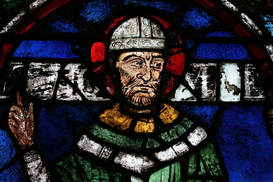
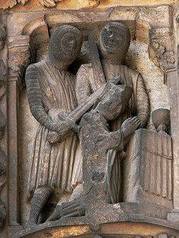
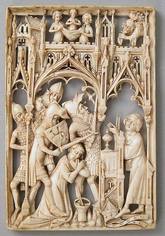
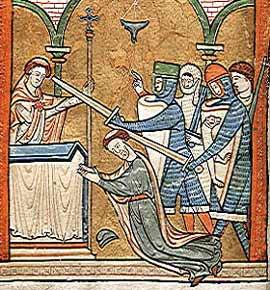
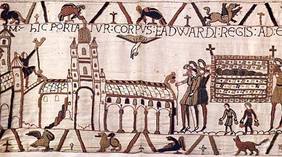
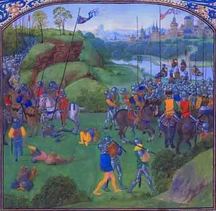
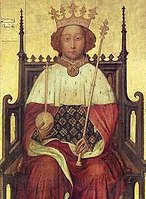
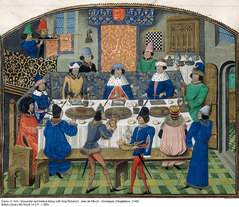
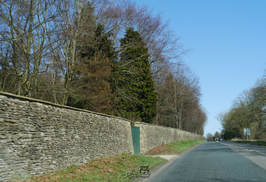
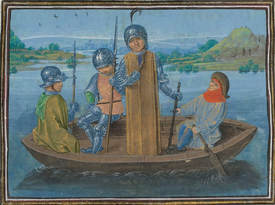
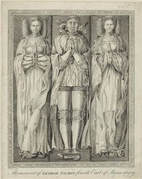
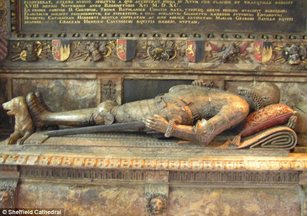
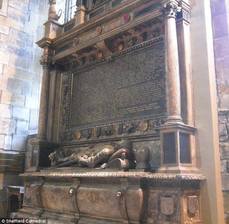
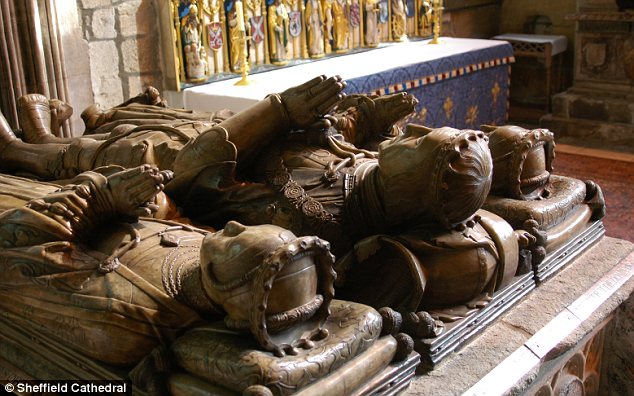
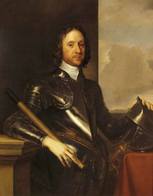

 RSS Feed
RSS Feed
